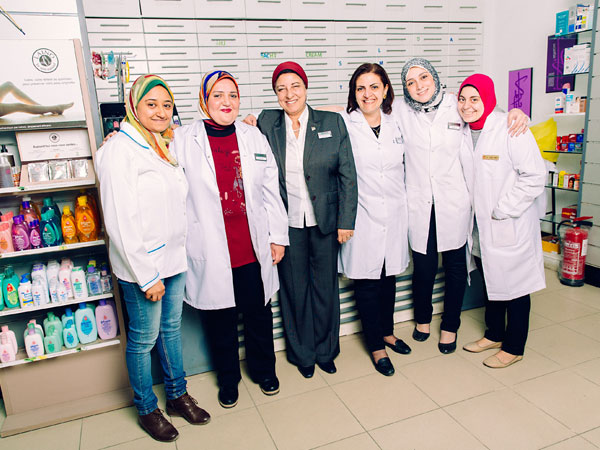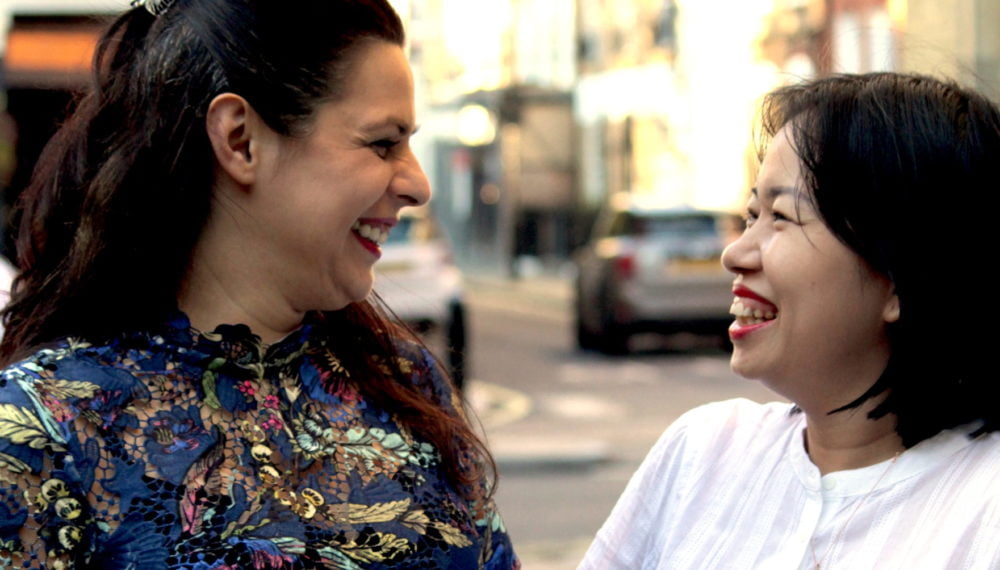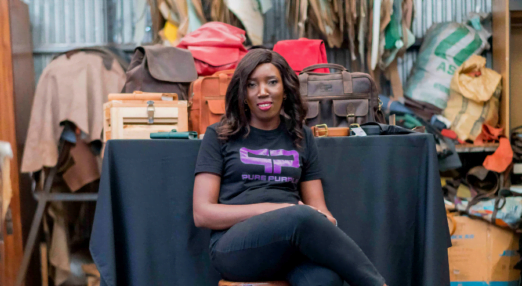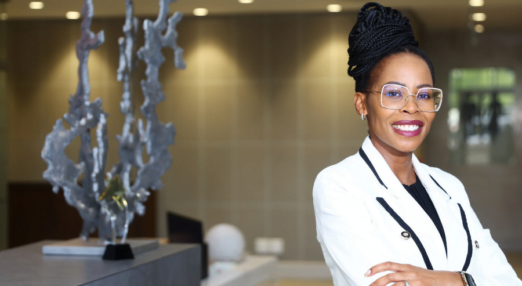After a successful career as a medical representative for a leading pharmaceutical company in Egypt, Azza was keen to put her knowledge to use and fulfil her life-long dream of becoming her own boss. In 2000, Azza took the leap and opened Alex Pharmacies, a health and wellness pharmacy in Alexandria.
Now more than 15 years later, Azza’s business has grown to employ 40 staff at three branches across the city. However, faced with a volatile economic environment and limited financial experience, Azza found it challenging to maintain the financial health of her business. As a result, she wanted support from a mentor to improve her finance and HR processes.
Through Azza’s participation in the European Bank for Reconstruction and Development’s (EBRD) Women in Business Programme, she joined our Mentoring Women in Business Programme in November 2016. She was matched with Ksenija, an entrepreneur in Serbia who founded a successful printing company, and most recently, launched a non-profit organisation that offers financial planning and business management advisory services to women entrepreneurs. Realising that they had both faced similar challenges in their journeys as women entrepreneurs, Azza and Ksenija quickly developed a strong bond.
The pair began their mentoring sessions discussing Egypt’s economic crisis where inflation rates had reached 100% and threatened the survival of Azza’s pharmacies. To mitigate the sudden surge in costs, Ksenija supported Azza to change the company’s accounting system and currency from Egyptian Pounds to US Dollars. They also reviewed Azza’s pricing and looked at strategies to ensure her products remained profitable. Instead of using her own personal savings, Ksenija encouraged Azza to finance her business through a third party by applying for a bank loan.
Once Azza felt more confident in the company’s finances, the pair turned their attention to improving Azza’s HR processes and strengthening relationships with her employees. Azza implemented monthly team meetings to increase collaboration and communication amongst employees, as well as policies and processes to better monitor and incentivise employees’ performance.
Working closely with Ksenija for a year was incredibly beneficial for both Azza and her business. Despite the difficult economic environment, Azza successfully kept all of her branches open and competitive in the sector. She also obtained a business loan, which enabled her to separate her personal and professional finances and hire a HR manager to make further strides with her new HR processes.
Azza says: “I feel much more confident in myself as a leader. Ksenija made our conversations so comfortable. My mentor is always there for me, listening and supporting and encouraging.”
Ksenija also enjoyed her time with Azza and realised that women entrepreneurs face the same challenges around the world. She said, “It is such a pleasure when you can share your knowledge and someone directly benefits from it.”
Azza and Ksenija have embarked on a second year in the Mentoring Programme together. Their friendship offers an endless source of learning and they look forward to continuing to grow together.






